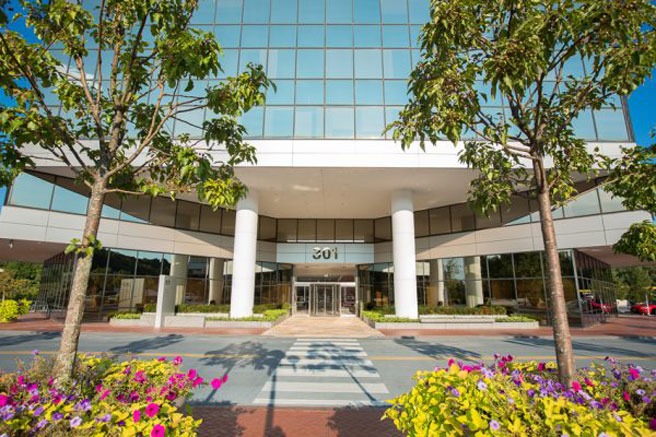Western Connecticut State University in Danbury has introduced a graduate program for students seeking a Master of Science degree in integrative biological diversity.

The 30-credit program is being offered as a partnership between WCSU and Southern Connecticut State University (SCSU) in New Haven, with courses being taught on both campuses. Faculty from the WCSU Biological and Environmental Sciences Department and the SCSU Environment, Geography and Marine Sciences Department will participate as course instructors and research mentors, and the program is being coordinated by Theodora Pinou, professor of biological and environmental sciences at WCSU.
“This program will train the student”™s eye to become more sensitive to the natural variations of the biological world,” said Pinou. “Biodiversity is important because most technological advances stem from solutions found in the natural world.”
In announcing the new degree, WCSU stated the program”™s objectives will include educating students on the use of molecular research methods to assess diversity among organisms and environmental health, as well as in the use of GIS, GPS and other technological tools, with the goal of teaching them how to examine, quantify and describe biodiversity. The program will also encourage students to collaborate with government agencies, environmental nonprofits, museums and the private sector.
Eight Connecticut-based entities ”” Candlewood Lake Authority, Connecticut Audubon Society, Connecticut Department of Energy and Environmental Protection, FirstLight Power Resources, Great Hollow Nature Preserve and Ecological Research Center, Housatonic River Valley Association, Maritime Aquarium at Norwalk and Yale Peabody Museum of Natural History ”” have teamed with WCSU and SCSU on the program, along with the Hamptons Bay, New York-based Atlantic Marine Conservation Society, Cape Eleuthera Institute in the Bahamas, the University of Athens in Greece and the University of Guadalajara CUCBA in Mexico.
The program”™s mission statement noted the curriculum will prepare students “for careers in ecosystem management and reclamation, policy and environmental consulting, sustainable business, education and non-government organizations.” WCSU is also presenting the program for secondary education teachers seeking an advanced degree with a focus on the ecological, physiological and natural history of biological organisms.
“For teachers in secondary education, it will help them to inspire their students,” Pinou said. “For biology majors who have focused mostly on the cellular and molecular level during their undergraduate studies, this program will teach them to see how these units, when they come together, can result in adaptability.”
WCSU added that future plans for the program will involve expanding faculty participation to include instructors at Eastern Connecticut State University in Windham and Central Connecticut State University in New Britain.






















